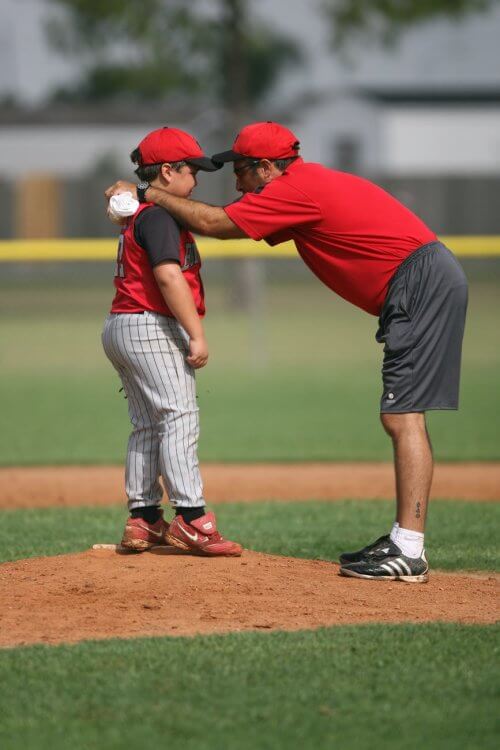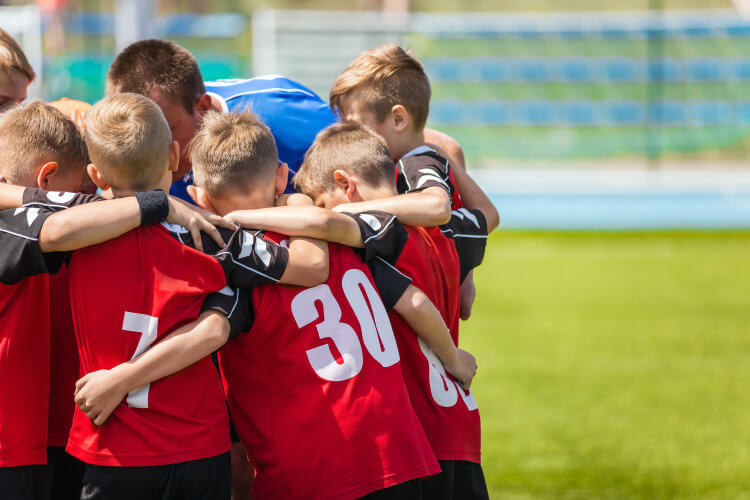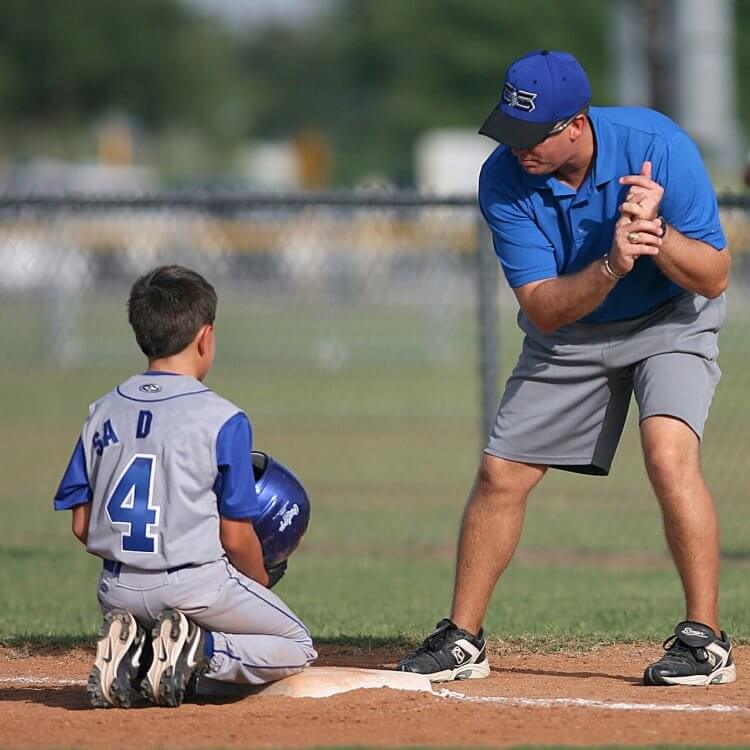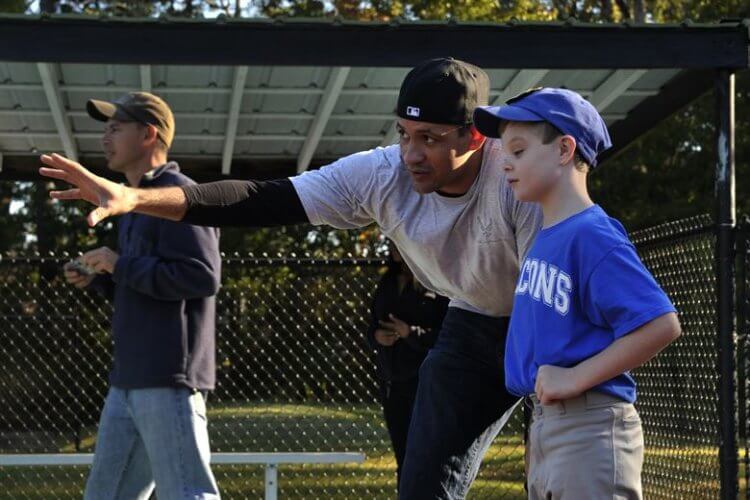(3 Minute Read)
The question, “How does one become an effective coach?” is something that I have pondered and my perspective on the answer to this question has changed over the years. Previously, I equated effectiveness with the coaches that had the highest winning percentage or had earned the most championships. However, the more I talk with, observe and research coaches at different levels, my perception of effective coaches now focuses on the holistic development (e.g., athletically, academically, civically, socially, etc.) of their athletes.

According to Côté and Gilbert (2009), effective coaching is “consistent application of integrated professional, interpersonal, and intrapersonal knowledge to improve athletes’ competence, confidence, connection, and character in specific coaching contexts” (p. 316). Based on this description, effectiveness is reached when a coach consistently works on his or her development through the following three types of knowledge to positively develop one’s athletes in and out of competition:
Professional Knowledge: Specialized sports coaching knowledge
Intrapersonal Knowledge: Self-understanding/awareness, introspection, and reflection
Interpersonal Knowledge: Successful interactions individually and in groups with one’s athletes, coaches, and other stakeholders

The public perceptions appear to be that effective coaches are able to consistently motivate, inspire, and develop their athletes to a high standard (Mallett & Coulter, 2016). However, such a process is not possible unless coaches are continuously motivated to learn to hone their craft and focus on their development first. Such is the case with what I took away when talking with Coach Ed Mathey, an NCAA Division III head baseball coach at North Central College in Illinois, who would be considered successful in the public eye based on wins and championships.

A larger research study was performed on the developmental pathway of effective coaches and the team culture they have built. Below is an excerpt from the study when Coach Mathey was asked what he thought it takes for a coach to become effective in a simple but poignant way: “It takes a willingness to learn and admit you need to improve. A desire to get better and be around people who are very good at their craft. It also takes an ability to learn from mistakes, remember the lessons, and communicate your ideas.” From this quote, I organized what Coach Mathey said into a pseudo-formula to assist coaches in their own self-guided improvement:
- Be willing to admit a need for improvement (e.g., having a growth mindset).
- Develop a desire to get better (e.g., become a lifelong learner).
- Be around people who are VERY good at their craft (e.g., find a good mentor to learn from).
- Put into practice the following: Learn from mistakes, remember the lessons, and communicate your ideas.

Just from one quote by Coach Mathey came a wealth of experience and knowledge that has guided his pathway as an effective coach that can help current and future coaches. In the end, however, we must remember the true reason to continually seek to learn and improve ourselves. Despite the games and conference championships won and postseason appearances, his teams have made over the years, Coach Mathey’s reason for continuing to coach is founded upon relationships and his desire to develop his student-athletes for life after baseball. This is reflective in his quote below when asked what drives him to still coach:
“I mainly coach because of the student-athletes and realizing that the growth that they have athletically will help them so much in their future lives…I am trying to bring all of the forces together to make it a genuine point of difference in a challenging and evolving endeavor.”
Reference
Côté, J., & Gilbert, W. (2009). An integrative definition of coaching effectiveness and expertise. International Journal of Sports Science and Coaching, 4(3), 307-323.
Mallett, C. J., & Coulter, T. J. (2016). The anatomy of a successful Olympic coach: Actor, agent, and author. International Sport Coaching Journal, 3, 113-127.
